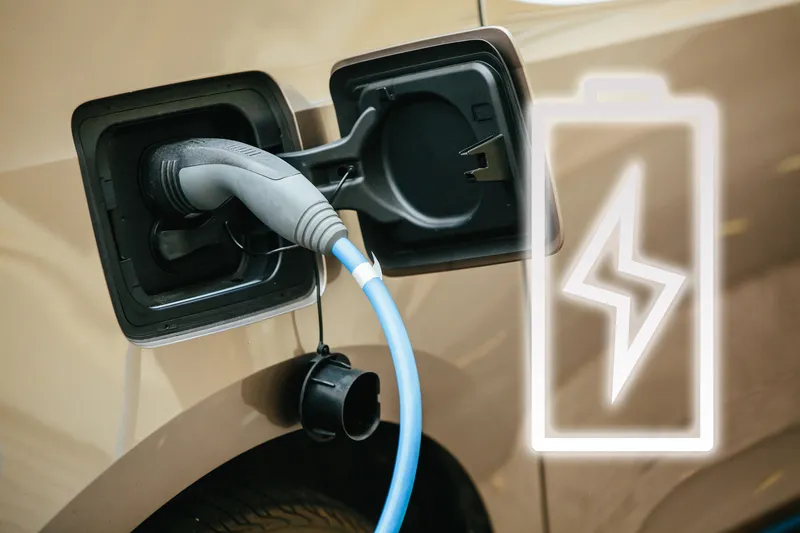
Volkswagen and BP have joined forces to boost the adoption of electric vehicles (EVs) across Europe, unveiling their first charger in Dusseldorf, Germany.
The companies "aim to transform access to EV charging in key European markets" by rapidly building a fast-charging network across the continent by 2024.
The centrepiece will be VW's Flexpole 150kW charging units, which feature two charge points and have an integrated battery storage system, which negates the need for high-powered grid connections.
The Flexpole units can be directly connected to a low-voltage grid, reducing installation times while still providing fast charging speeds of up to 150kW2 - which the firms say will deliver up to 160km of driving in as little as 10 minutes, depending on the EV model.
The first phase of the roll-out will see up to an additional 4,000 charge points at BP’s Aral retail sites in Germany and BP retail sites in the UK over the next two years.
Up to 8,000 "could be available across Germany, the UK and other European countries" by the end of 2024, they predict.
The firms will "also look to pursue further opportunities together to provide future solutions for lower carbon mobility".
"The decarbonisation of Europe’s economy requires close collaboration across borders and sectors," says VW CEO Herbert Diess. "We’re pleased to team up with BP to accelerate the rollout of the fast-charging network across Europe.”
BP CEO Bernard Looney adds: “EV charging is one of the key engines driving BP’s transformation to an integrated energy company. When you bring together one of the world’s leading car makers and one of the world’s leading energy companies - the opportunity is huge. This is a significant step-forward on our journey to accelerate the electrification of transport in Europe.”
The charger locations will be integrated into the navigation and other in-car apps of Volkswagen, Seat and Škoda vehicles as well as into VW's charging app Elli.








